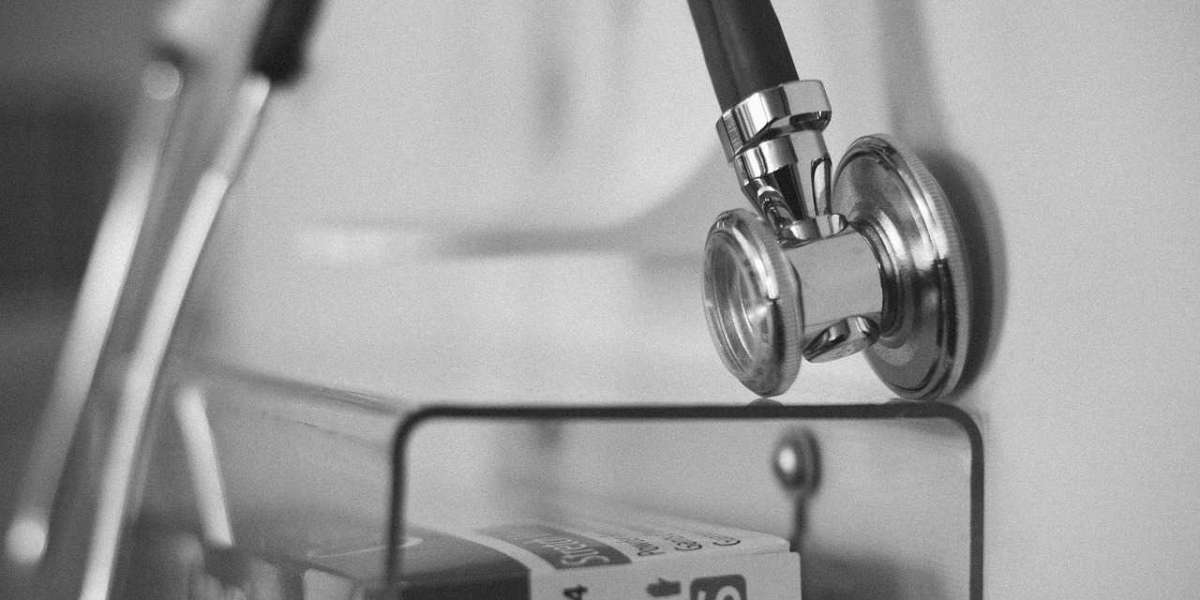. This can be what it feels like to live with co-occurring disorders—a situation where an individual is diagnosed with both a mental health condition (like depression, anxiety, or bipolar disorder) and a substance use disorder at the same time. This isn't just two separate problems; these conditions often influence and exacerbate each other, creating a complex cycle that requires integrated treatment Depression Treatment Centers Near Me.
Why are Co-Occurring Disorders So Common?
There are several reasons why mental health issues and substance use disorders so frequently appear together:
Self-Medication: Many people turn to drugs or alcohol as a way to cope with overwhelming symptoms of an untreated mental illness. For example, someone with anxiety might drink to calm their nerves, or someone with depression might use stimulants to feel more energetic.
Worsening Symptoms: Substance use can actually trigger or worsen the symptoms of a mental health disorder. Alcohol can intensify depression, while stimulants can worsen anxiety or paranoia. Prolonged substance use can also alter brain chemistry, potentially leading to new mental health issues.
Shared Risk Factors: Both mental health disorders and substance use disorders can share common risk factors, including genetic predispositions, trauma, chronic stress, and environmental factors.
Diagnostic Challenges: It can be difficult to determine which condition came first, or how much each is influencing the other. Symptoms can overlap, making diagnosis complex without proper assessment.
The Challenge of Traditional Treatment:
Historically, individuals with co-occurring disorders were often treated for one condition while the other was ignored or addressed separately. This "sequential" treatment rarely worked, as the untreated disorder would often sabotage progress in the other. For instance, if someone's depression wasn't properly managed, they might relapse to drug use as a coping mechanism.
The Solution: Integrated Treatment
The most effective approach for co-occurring disorders is integrated treatment. This means that both the mental health condition and the substance use disorder are treated simultaneously by the same clinical team or a highly coordinated team of specialists. This ensures that:
Therapies and medications are coordinated to address symptoms of both disorders.
Coping skills learned in therapy address how mental health symptoms can trigger cravings and vice versa.
Underlying issues, such as trauma, which often fuel both conditions, are processed comprehensively.
The individual feels understood and doesn't have to "choose" which problem to address first.
Recognizing and treating co-occurring disorders is vital for long-term recovery and well-being. It offers a more holistic, effective, and empathetic path to healing, helping individuals achieve stability in both their mental health and their sobriety. If you or a loved one is struggling with both, seek out programs that specialize in this integrated approach—it's the key to comprehensive recovery.



